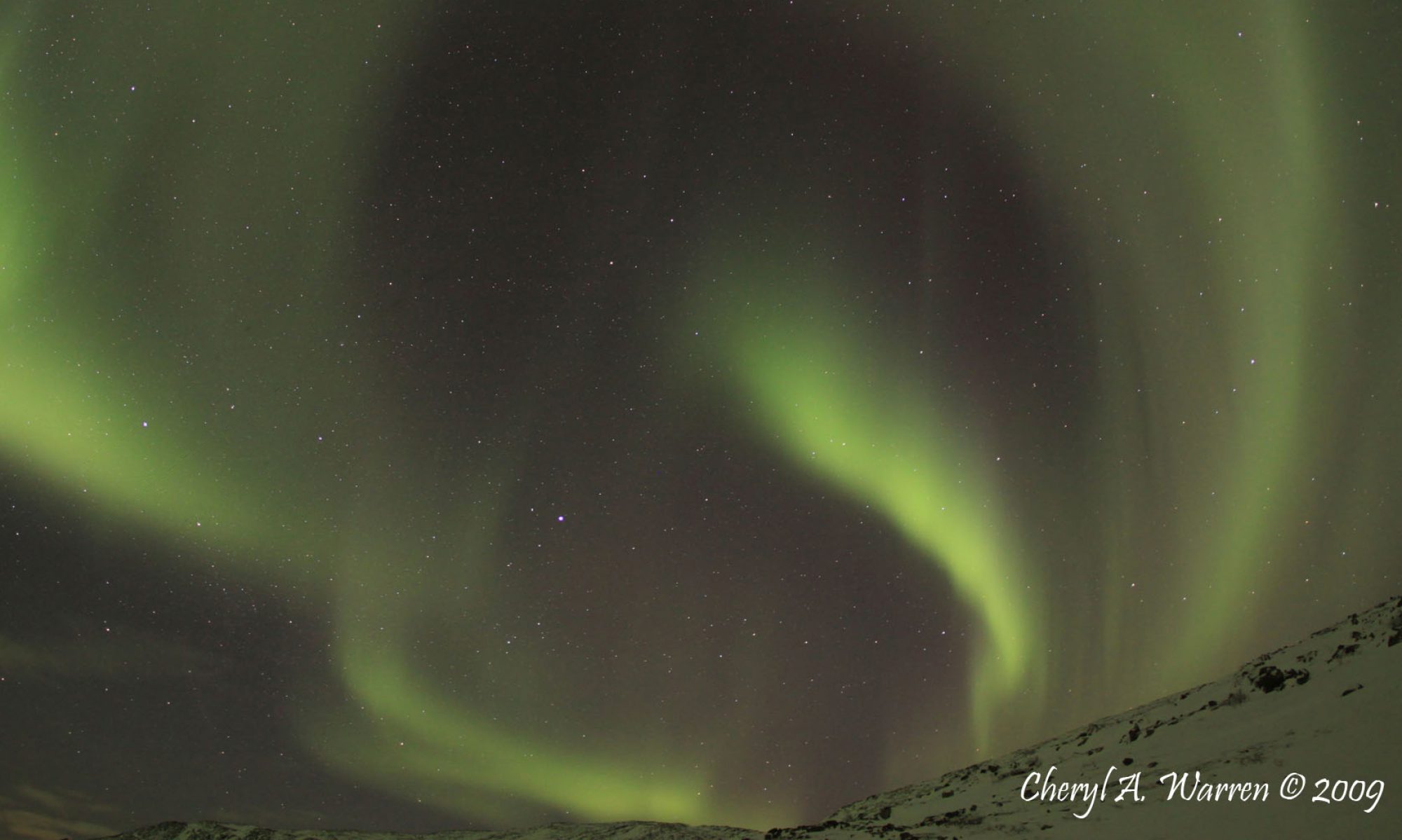From the folks I’ve talked to, there seems to be a consensus that school is focused on learning specific lessons. The expectation appears to be that the student does not know anything, so must be taught by the teacher. Further, it is assumed that the teacher knows what would be valuable for the student to learn.
The closer you are to educational systems, the more you realize that it’s all about the curriculum chosen. There is no way that any one teacher or any one student could know all things, so choices must be made and priorities decided about what to focus on in the classroom.
Inevitably, certain events and facts get lost in the shuffle. And then, there is the tendency to slant important details to suit whoever is in charge.
A glaring case in point was demonstrated to me during one of Maureen’s and my vacations. We visited Vancouver, Canada (absolutely gorgeous, by the way) and were fascinated to discover an enormous mural depicting a series of skirmishes that resulted in Canada winning a major battle against the United States. We looked at each other and asked ourselves, “Didn’t our textbooks say that we won that? We could have sworn they were quite specific on that point.”
Hmmm?
Well, no matter. I mean, it happened so long ago. What difference does it really make?
Perhaps, if it were an isolated instance, it wouldn’t matter. But it has ramifications far beyond which side actually won, because it’s unclear if there is a definitive correct answer, so what level of trust can you put in any of your lessons?
Along with many others I know, I come across events in my life and one of my first reactions is to wonder if there is a ‘lesson’ in it for me.
In school we are taught to learn our lessons. If we fail to do that, we’re told, we’ll need to repeat the class, UNTIL we’ve learned our lesson. This is potent stuff, unless you like summer school.
One trip there was enough to cure me. Who would want, after a very long school year, to spend the hot summer in a stuffy classroom trying to relearn a subject you didn’t like in the first place? No one, that’s who.
Here’s the real rub for me.
This whole idea of having to learn our lessons gets carried over into the rest of our lives. When faced with dilemmas and problems that don’t feel resolvable to us, I often hear people say to one another, “well, I guess you’ve haven’t learned your lesson yet.”
Beyond this not being the least bit helpful, it perpetuated the idea that there is one correct answer, and clearly, we’ve missed it.
I’d like to offer an alternative thought for your consideration.
Suppose there are NO specific lessons for you to have to learn. And, of course, this means there are no lessons you have to repeat until you get them right.
What if life is just a series of experiences? Simple experiences, without right and wrong answers. Without implications or attached judgements? Would that change things for you?
When I shift away from ‘lessons’ and focus on ‘experiences’, it makes a powerful difference to me. I can let go of worrying about getting life ‘right’ and open to the treasure inside of each of the experiences I encounter.
I admit that sometimes I have to dig deeply to uncover the treasure, but I’ve found it is always there waiting for me.
Perhaps if you give this shift a chance, you’ll find all of the treasure you are searching for. I certainly hope so.
Note: To make a comment, please click on the Post Name, then scroll to the bottom of the page, write your comment in the box and hit enter.


A great post! I whole-heartedly agree – a perspective of life being about the experiences changed my life in a significant way.
LikeLike
Thanks, I really appreciate your comment!
LikeLike
Well balanced post.
Couldn’t agree more my friend.
So there are two kinds of experiences.
One from the school teachings ( which can change from time to time) and the other from the real life fall out( which can’t change and one has to experience it physically and mentally)
LikeLike